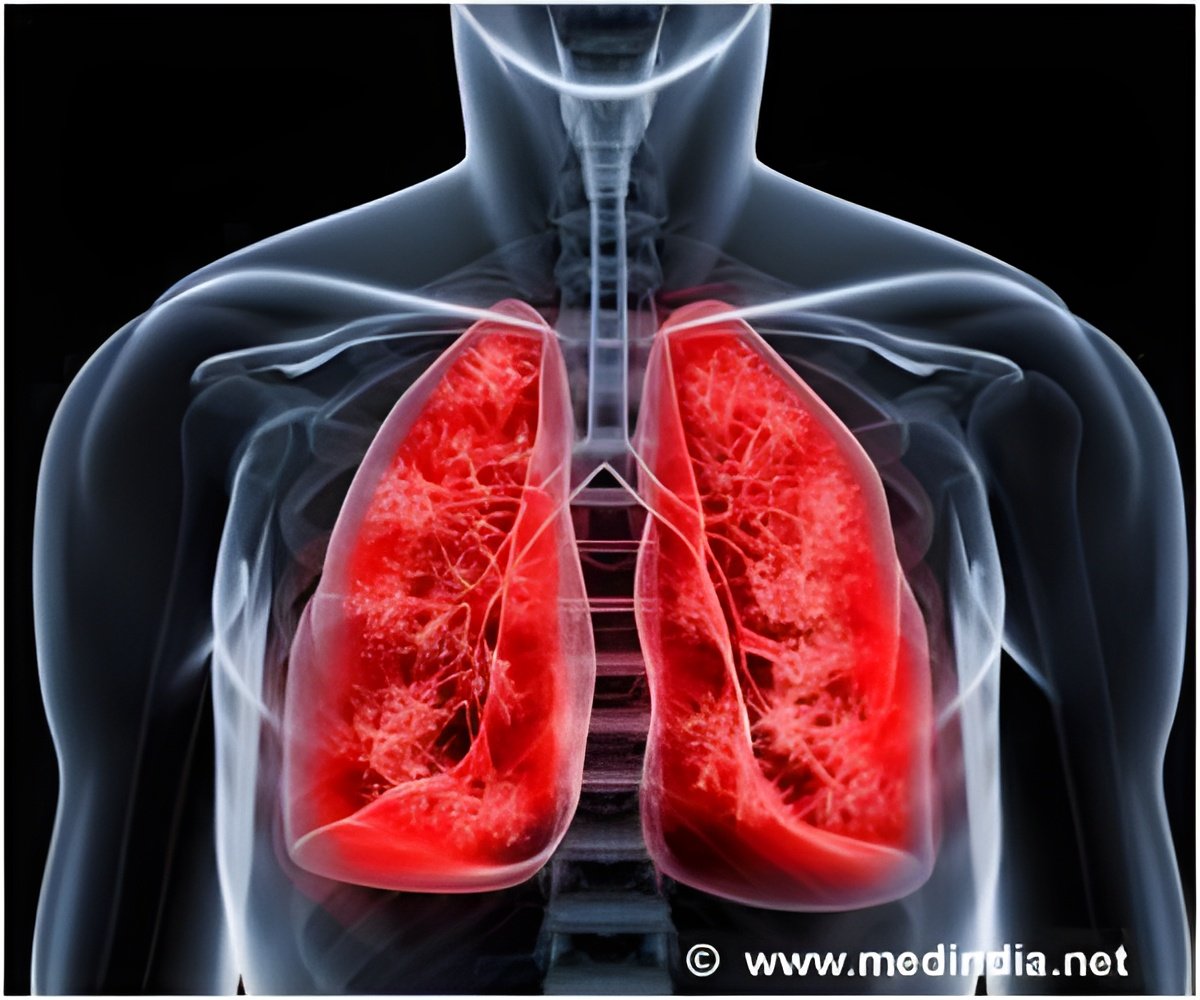Researchers at Mayo Clinic have found that lung cancer is allowed to grow unchecked in early stages due to cellular changes

"Our study points to EMT as a key step in lung cancer progression during the earliest stages of cancer development," says lead investigator and cancer biologist Derek Radisky, Ph.D.
"Normal cells recognize when they are dividing too rapidly, and turn on programs that block inappropriate cell division. Here we found that early-stage lung cancer cells switch on EMT in order to bypass these controls," he says.
The discovery could offer a new way to prevent progression to late-stage lung cancer, possibly by inhibiting a particular molecule from functioning, Dr. Radisky says.
Because EMT is a well-recognized late-stage transition that occurs in all sorts of solid tumors, the researchers say they believe that the same early-stage use of EMT they found in lung cancer is likely occurring in other cancers.
EMT is a biological process used in embryonic development to allow body development, which requires the ability of cells and tissues to morph from one type to another, and develop in an orchestrated fashion.
Advertisement
"The gaps in our knowledge of lung cancer have not allowed us to develop more effective targeted therapies," Dr. Radisky says. "This study offers us great new clues for a new approach to treating lung and possibly other cancers as early as possible."
Advertisement
Source-Eurekalert















